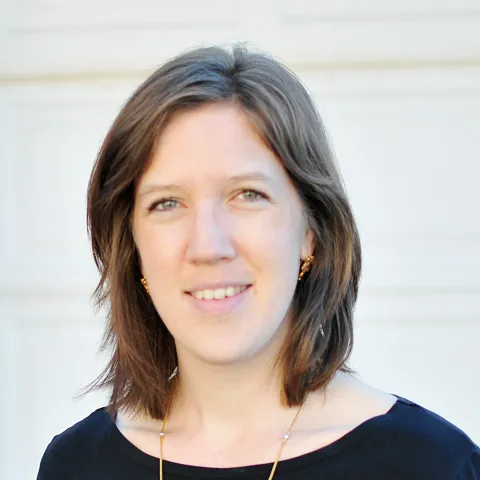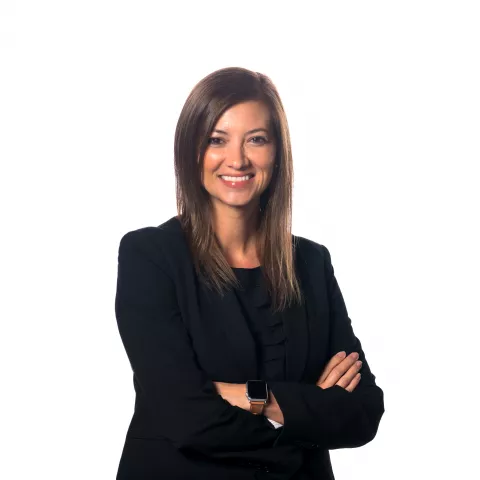A retinal imaging camera located at a free medical clinic in North Charleston is helping to prevent blindness among diabetic patients.
Harvest Free Medical Clinic serves as a safety net clinic for people who lack insurance or the financial resources to pay for medical care. Dr. Martin Smith, medical director for the clinic, said the clinic strives to build a relationship with patients while providing care.
“The desire for us here at the clinic is to take excellent care of patients; to get to know them over a long period of time,” Dr. Smith said. “To help them in the midst of this season of their life and to demonstrate the love of Jesus as we do that.”
Many of the patients who seek care at Harvest Free Medical Clinic are diabetic. They are among an estimated 34 million people in the United States who have the life-threatening condition. Long-term complications of diabetes include cardiovascular disease, nerve damage and eye damage. People who experience diabetic retinopathy may eventually go blind.
Dr. Smith said for many patients in the early stages of diabetic retinopathy, there may not be any symptoms at all and that is why screening is important.
“If we can find it before symptoms start, then hopefully we can actually do something about it,” Dr. Smith said.
Dr. Jeffrey Blice, M.D., and Clinical Professor of Ophthalmology at the Medical University of South Carolina, said a Duke Endowment Grant made it possible to start a telehealth imaging system at the free clinic. Using a retinal imaging camera, pictures are taken of patients eyes and then those images are sent to doctors at MUSC.
“We have actually detected pretty severe disease in people that otherwise would have caused them to go blind,” Dr. Blice said.
He said saving even three or four people in a year from going blind is a huge benefit both to patients and to the healthcare system because of the costs associated with caring for blind patients throughout their lifetime.
“The benefit of telehealth is capturing those people who may have disease so that we can try and treat them,” Dr. Blice said.







